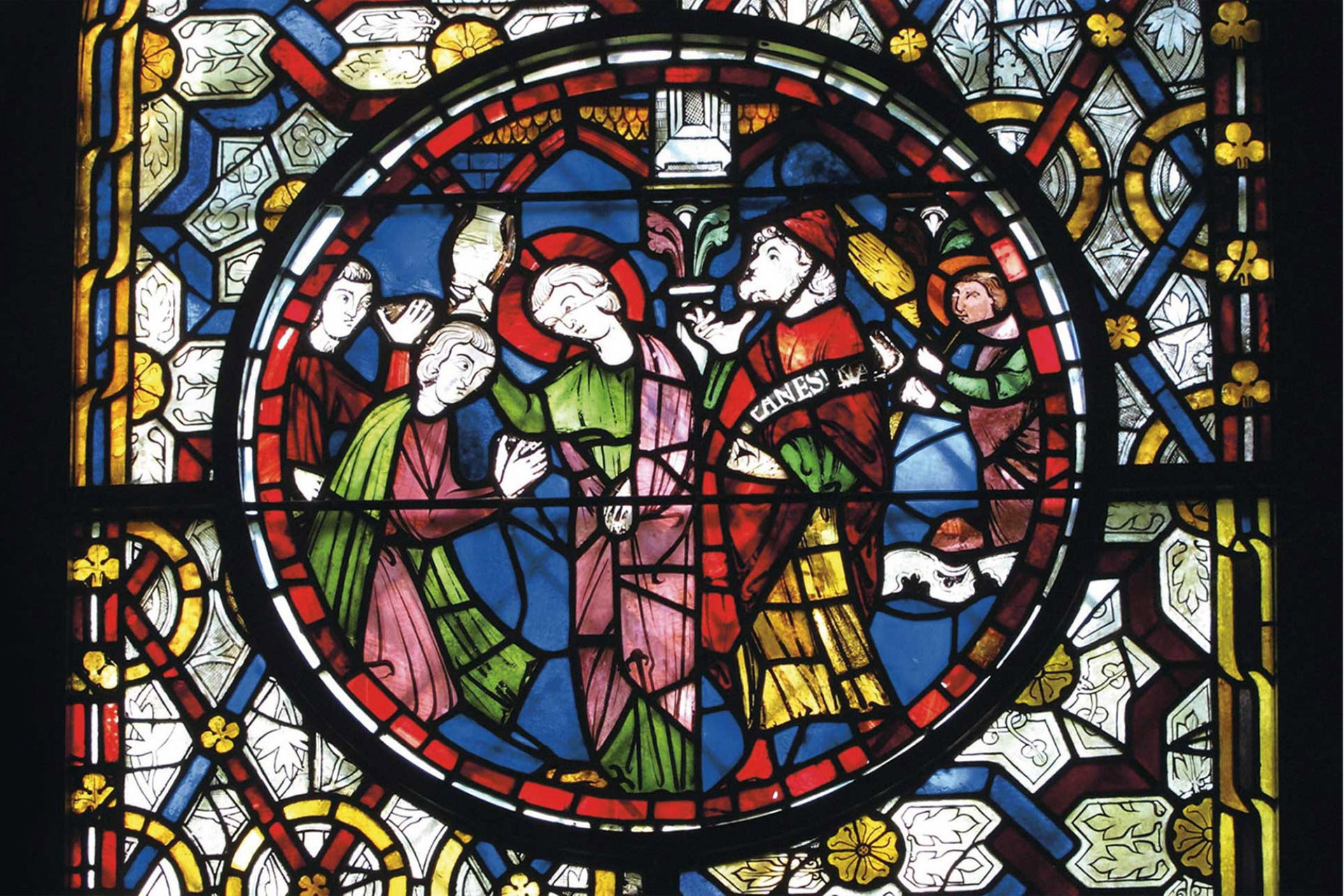Editors at the Review of English Studies have selected Dr Sarah James’ paper, ‘Oculi Carnis, Oculi Mentis: Why Seeing Is Not Believing In Capgrave’s Life of St. Katherine’ as one of their Choice Articles for 2015.
Dr James, Senior Lecturer in Medieval Literature at the University of Kent, explains in the abstract of her paper:
This article explores Capgrave’s interest in the nature of visual phenomena as revealed in his Life of St Katharine. Noting that much previous scholarship locates this text in the context of late-medieval Lollard anti-image polemic, the article offers an alternative reading, establishing Capgrave’s interest in a broader intellectual context. The importance of Augustine’s theory of signs and his tripartite schema of physical, spiritual and intellectual vision to Capgrave’s work is demonstrated, as are medieval technical treatises concerned with the physiology of perception. Through a close reading of Book Three of the Life of St Katherine, the article argues that Capgrave uses his text to examine the problems inherent in human visual perception, specifically in relation to encounters with the divine, which highlight the human tendency to rely on the oculi carnis rather than the oculi mentis. It concludes that the Christian message of the text, with its focus on the development of the use of the oculi mentis, is complicated to transmit and difficult to follow, but that Capgrave’s enthusiasm for the nexus of ideas focused on the visual relishes this complexity and the intellectual challenges it presents.
If you would like to read the full paper, along with other Choice Articles, please see The Review of English Studies online at: http://www.oxfordjournals.org/our_journals/revesj/selectedarticles.html
About the author
Dr Sarah James is a Senior Lecturer in Medieval Literature at the University of Kent. Her research interests are centred around theological writing in the later Middle Ages, asking questions about the ways in which medieval writers engaged with the religious debates of the day, and how ordinary people, for the most part with very limited access to written texts, experienced religion. Her recent AHRC-funded research project, ‘Spreading the Light: Mapping the Vernacular Elucidarium in Medieval England’ examined all extant manuscripts of the Elucidarium in English and French, in order to better understand the production, dissemination and reception of this important religious text. Sarah teaches and supervises students at the University of Kent’s School of English and its Centre for Medieval and Early Modern Studies.

